Atlanta Fed President Raphael Bostic said yesterday that he backed the plan of raising interest rate by 50bps in June and July. But a “pause” in September is also in his baseline view.
“I’m at 50 basis points as long as the economy proceeds as I think it’s going to,” Bostic said. “If inflation starts moving in a different direction than it is right now, I’d have to be open to us moving more aggressively. I do want to make it clear that nothing is off the table. As we go through the months, we will see how it plays out.”
“I have got a baseline view where for me I think a pause in September might make sense,” Bostic told reporters Monday following a speech to the Rotary Club of Atlanta. “After we get through the summer and we think about where we are in terms of policy, I think a lot of it will depend on the on-the-ground dynamics that we are starting to see. My motto is observe and adapt.”



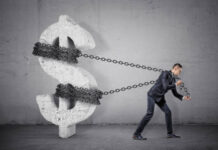
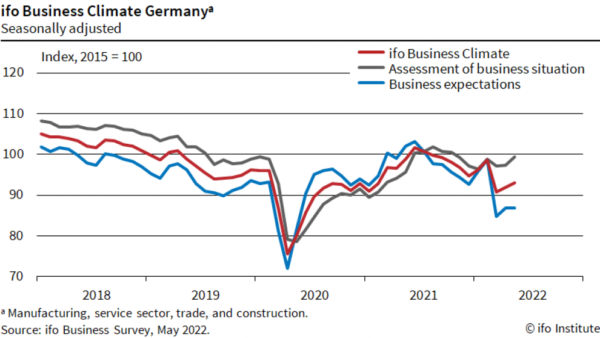
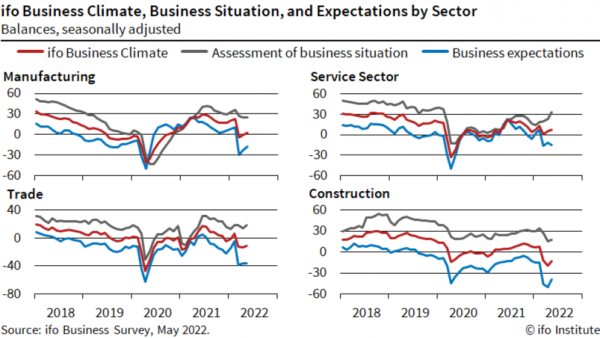
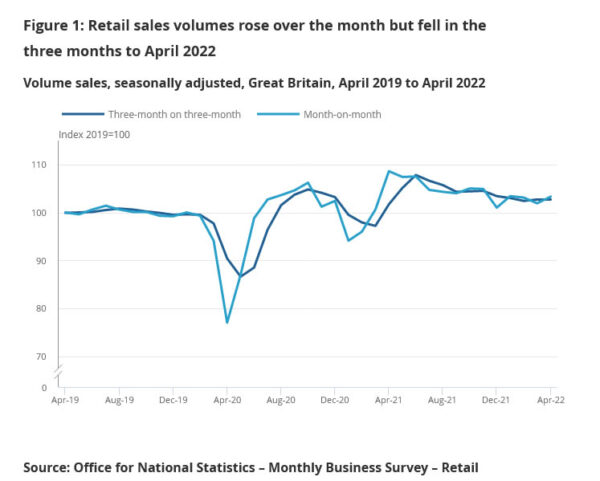
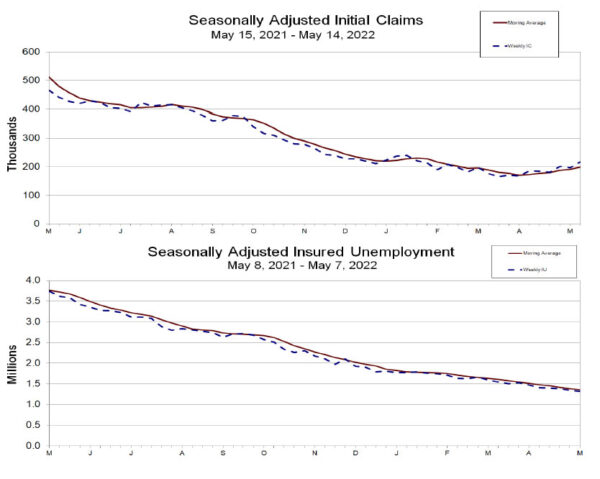
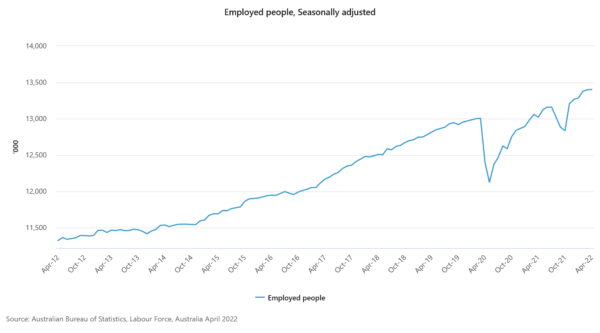
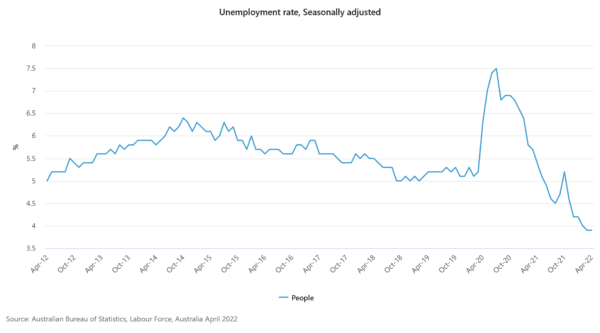

Fed George: Interest rate to be in neighborhood of 2% by Aug
Kansas City Fed President Esther George said, “I expect that further rate increases could put the federal funds rate in the neighborhood of 2% by August, a significant pace of change in policy settings”. Then, “evidence that inflation is clearly decelerating will inform judgments about further tightening.”
“The inflation we are now experiencing is obviously both too high and too broad to dismiss. The central bank’s job is to prevent persistent imbalances from feeding into inflation and unmooring inflation expectations,” she said. “By influencing interest rates, the Federal Reserve primarily affects the demand side of the imbalance. The evolution of its efforts alongside other factors will affect the course of monetary policy, requiring continuous and careful monitoring.”